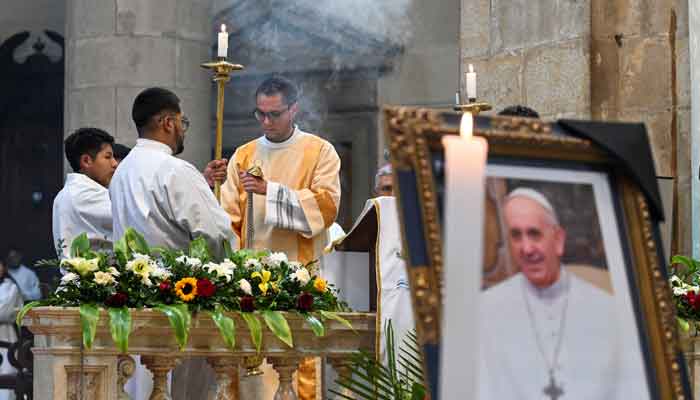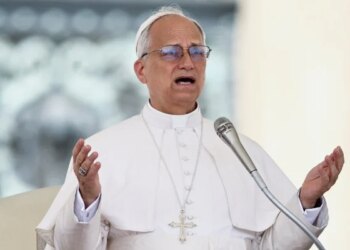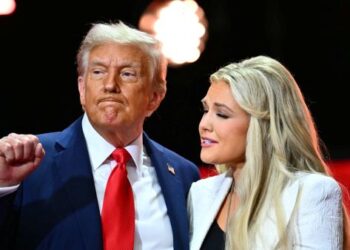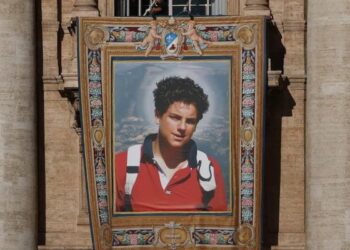Select Language:
- Francis advocated for the poor while facing opposition from traditionalists.
- All cardinals are invited to convene at the Vatican.
- President Trump plans to attend Francis’ funeral.
VATICAN CITY: Cardinals are set to convene on Tuesday to organize the funeral for Pope Francis, with global leaders expected to attend before a conclave next month to appoint a new head of the Roman Catholic Church.
Pope Francis, 88, passed away unexpectedly on Monday after suffering from a stroke and cardiac arrest, as reported by the Vatican. This concluded a papacy marked by significant challenges, including conflicts with traditionalists and a strong emphasis on advocating for the less fortunate and marginalized communities.
The pontiff had spent five weeks in the hospital earlier this year due to double pneumonia but returned to his Vatican residence almost a month ago, appearing recovered when he appeared in St. Peter’s Square during Easter Sunday services.
His sudden passing triggered ancient rituals within the 1.4 billion-member church as it transitions from one pope to the next. This includes the breaking of the pope’s “Fisherman’s Ring” and lead seal to prevent further use by anyone else.
“We extend our gratitude to the Lord for the gifts bestowed upon the entire Church through the apostolic ministry of Pope Francis, a messenger of hope,” stated Cardinal Mauro Gambetti, who led the evening prayers at St. Peter’s Square on Monday.
All cardinals currently in Rome have been invited to come together at the Vatican at 9 AM (0700 GMT) to discuss funeral arrangements.
US President Donald Trump, who has had disagreements with the pope over immigration policies, announced that he and his wife will travel to Rome to attend the funeral. Other notable leaders expected to be present include Javier Milei, president of Francis’ home country, Argentina.
The Vatican anticipates that the funeral service will occur sometime between Friday and Sunday. In a departure from tradition, Francis confirmed in his final will, released on Monday, his wish to be laid to rest in Rome’s Basilica of Saint Mary Major rather than St. Peter’s Basilica.
The cardinal gathering will also address the operational matters of the Church during the interim period before a new pope is selected.
Typically, a conclave to elect a new pope occurs 15 to 20 days following a pope’s death, indicating that it should not commence before May 6. Approximately 135 cardinals are eligible to participate in the secretive voting process, which may extend over several days.
Currently, there is no clear choice to succeed Pope Francis.
Progressive Outlook
Pope Francis took the reins of a Church in turmoil and diligently worked to reform the Vatican’s central administration, combat corruption, and—after a gradual start—address the child abuse crisis within the clergy.
He often found himself at odds with conservatives who yearned for a more traditional approach and perceived Francis as excessively liberal and too accommodating to marginalized groups, including the LGBTQ community.
The pope nominated nearly 80% of the cardinal electors worldwide who will influence the selection of his successor, increasing, though not guaranteeing, the chances that his progressive initiatives will carry on.
Many cardinals are relatively unknown outside their home countries, and they will have the opportunity to familiarize themselves with one another during meetings called General Congregations, which take place in the days preceding the conclave and help outline the characteristics needed for the next pope.
The Vatican announced late Monday that the staff and officials within the Holy See could start to pay their respects in front of the pope’s body at the Santa Marta residence, where Francis resided since 2013, opting for a more modest home than the grand apostolic palace utilized by his predecessors.
His remains may be moved to St. Peter’s Basilica as soon as Wednesday morning for public viewing, according to the Vatican’s statements.







